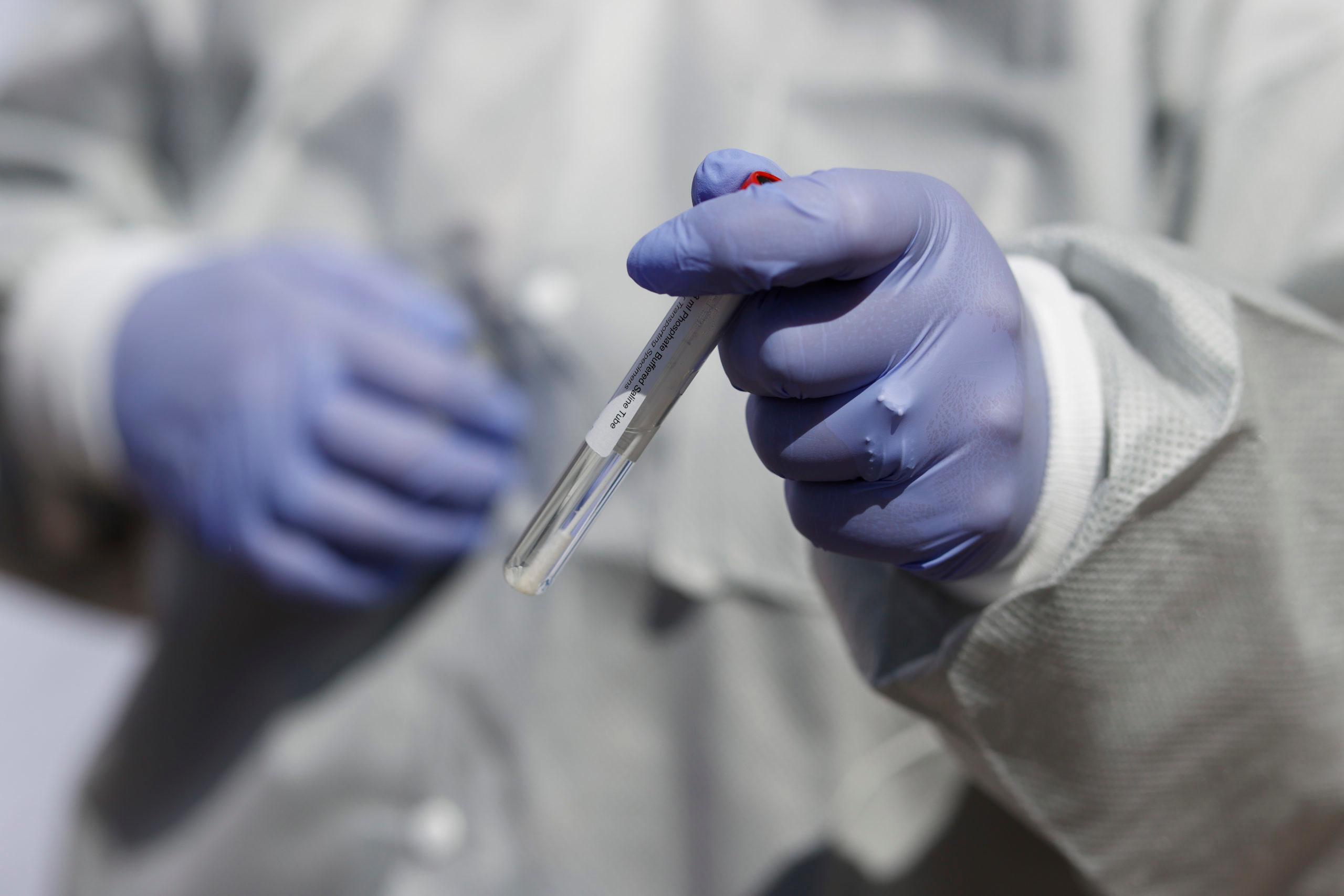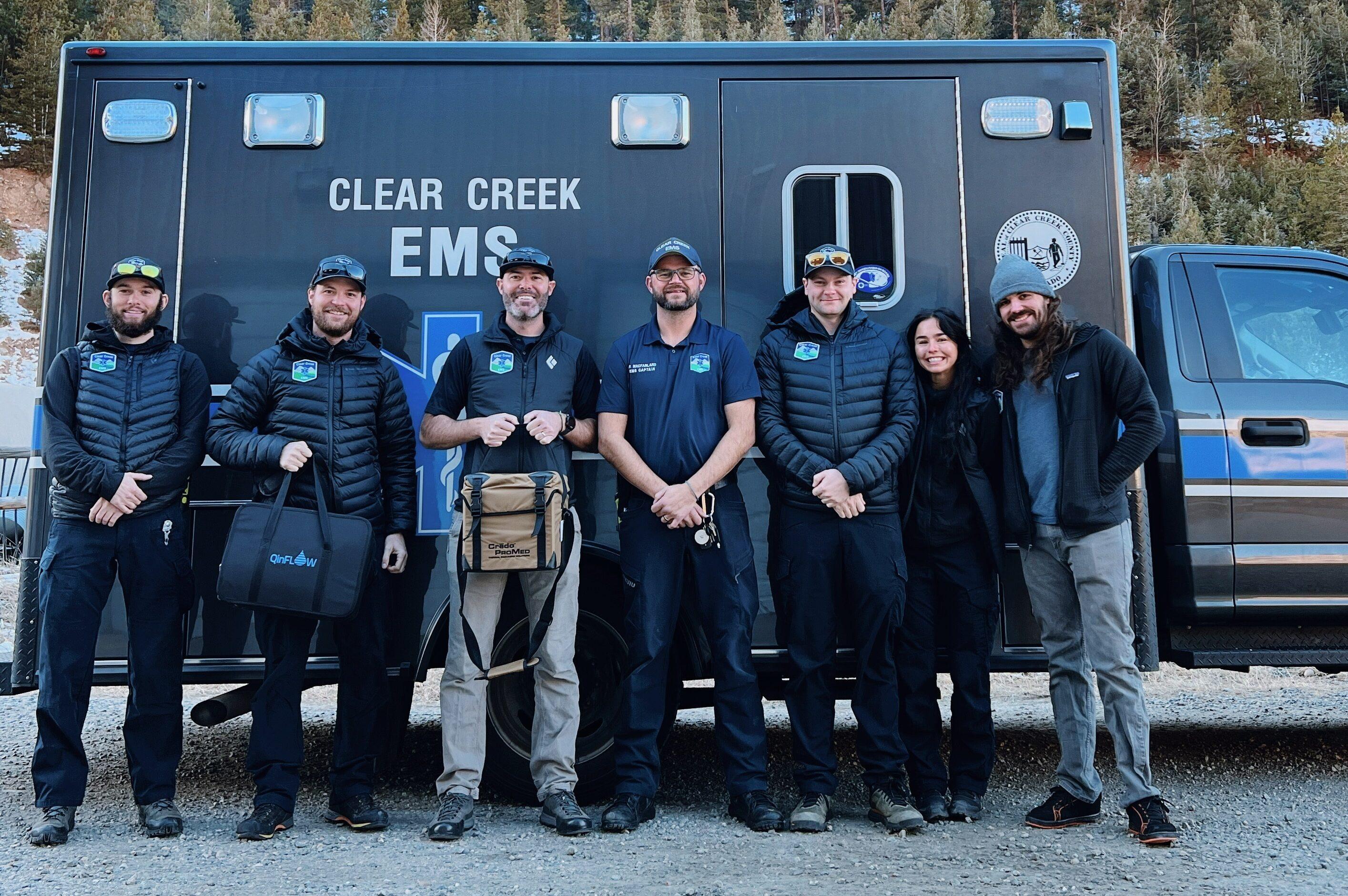
It was a little bit of a virtual homecoming Tuesday morning for Jared Polis, who served in the House until being elected Colorado’s governor two years ago.
Now, he was one of three governors testifying via a teleconference to fellow Coloradan, Democratic Rep. Diana DeGette, and her Congressional Oversight and Investigations subcommittee to talk about how governors are responding to the coronavirus pandemic.
Democratic Gov. Gretchen Whitmer of Michigan and Republican Gov. Asa Hutchinson of Arkansas, who also served in the House from 1997-2001, rounded out the bipartisan group.
DeGette noted that governors and states are on the front lines when it comes to dealing with the pandemic, and focused the hearing on how states have coped, as well as on the issue of testing.
“The Trump Administration has a long record of broken promises when it comes to testing,” DeGette said.
She noted that knowing who’s infected is of the utmost importance when it comes to monitoring the spread of COVID-19 and to enabling states to open up safely.
Members of the committee said they’re already concerned about the fall, when a second wave might hit, along with the start of flu season.
Polis told the panel that Colorado’s month-long stay-at-home order was critical to stopping the spread of COVID-19. Had the state not taken any action, he said, models showed COVID-19 “would have killed over 30,000 Coloradans by now.”
Currently, 1,458 people in the state have died after catching the disease.
Moving forward, Polis said the state will depend on four pillars to keep the disease in check: scaling up testing capability, developing a mask-wearing culture, encouraging long-running social distancing and having those with underlying health conditions stay at home whenever possible.
All three governors spoke about how they have ramped up in testing. Polis said Colorado was up to 7,000-8,000 tests per day, while Hutchinson said they were testing more each day.
When asked what could be done to make the state-federal partnership better, Polis answered transparency when it comes to supplies.
“Really knowing what we’re going to get, when,” he said. “Lot of discussions that left us, as a state, not knowing —not with a no, not with a yes — are there going to be masks? Are there going to be tests?”
Whitmer also called for a national strategy for test kits, especially as states try to reopen and the country prepares for that possible second wave.
“Having states bid against one another for supplies has created a shortage, has driven up the price and has left us with deep and serious holes in our budget,” Whitmer said.
Colorado is looking at a gap of more than $3 billion.
Republicans on the House panel were interested in how Arkansas handled the coronavirus. Unlike Colorado or Michigan, the state never shut down. Hutchinson said he respected the ways individual governors responded to the pandemic, saying it reflects the “uniqueness of each state and the decisions that have to be made.”
But it wouldn’t be Congress without a little partisan flare-up. GOP Rep. Morgan Griffith of Virginia made a parliamentary objection to the remote hearing. House Democrats approved temporary remote voting and hearings procedures to allow business to continue during the pandemic. House Republicans are challenging the change.
Polis, a former member of the chamber, noted he was happy that representatives were taking advantage of technology to continue the House’s work.









